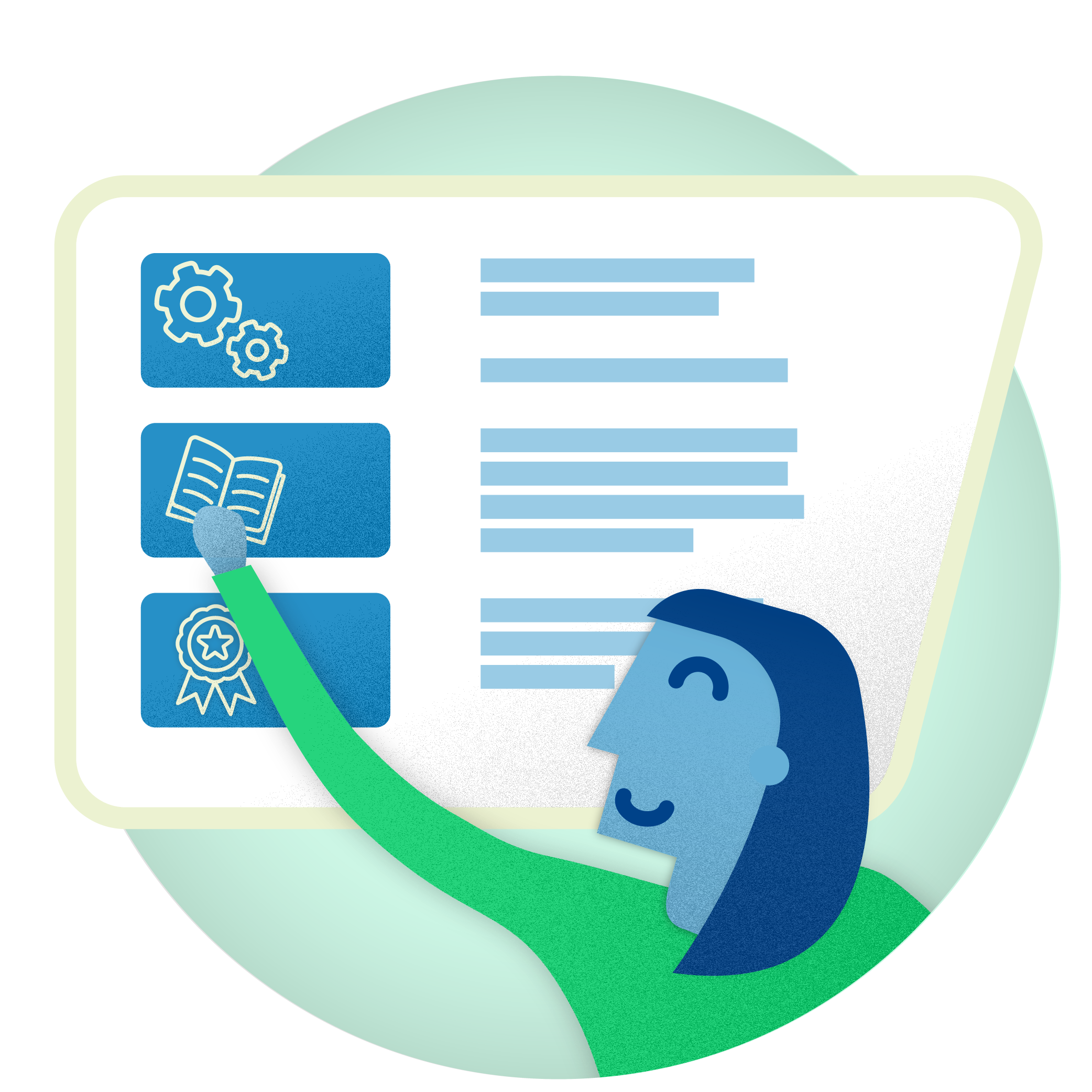

It encourages us to listen to people who use our services, think carefully about what impacts the quality of services, develop ideas to improve experiences, test these ideas at a small scale and improve the way we work. Using a QI approach can help you to keep the needs of the people who use your service at the heart of what you do and enable you and your team to support positive change. Our role is to support QI learning activity in the sector.
We support QI learning across social care, social work and children and young people's services by working with partners to raise awareness of QI learning resources and activity, support access to QI learning programmes, develop and promote QI learning resources for social service workers and offer networking and peer learning spaces for workers interested in learning more about QI.
The Scottish Government encourages all public services to use a QI approach to develop services to meet the needs of people who use them. The Three Step Improvement Framework includes the tool known as the Model for Improvement. It is a simple and practical way to help you have improvement conversations and ask good questions.
Our QI learning resource features three Good News Stories which share how staff and organisations in social services are using QI methodology in their work, and an animation to help you get started with the Model for Improvement. These will help you learn about how QI can improve social services and give you the skills to use QI in your own work. They are hosted on the NES QI Zone QI in Social Services page.
The Model for Improvement is in two parts: a thinking part and a doing part. The thinking part prompts you to ask three questions before you try to make any improvements. These questions help you to understand:
The doing part, sometimes called the Plan, Do, Study and Act (PDSA) cycle supports you to test ideas for change. This part can help you understand if your changes are contributing to an improvement.

Some QI Learning sessions we ran were recorded and published, so you can use them as a learning tool in your service. You can read them here:

If you are interested in taking some time to do some self-directed learning on QI tools and techniques, the QI Zone hosted by NHS Education for Scotland (NES) is a helpful place to start. Here you will find animations on the QI journey, resources on specific QI tools and online modules you can complete at your own pace. The modules are hosted on Turas which is free, and anyone can register. Register with Turas here.
We work with NHS Education for Scotland (NES), Healthcare Improvement Scotland (HIS), the Care Inspectorate and others who deliver learning programmes, develop resources or offer other learning opportunities that are available to people working in social services.
The Care Inspectorate supports QI and shares information about its improvement support on the Care Inspectorate Hub.
The Children and Young People Improvement Collaborative (CYPIC) uses QI to improve the wellbeing and life chances of children and young people in Scotland.
The Personal Outcomes Network brings together information, resources, and tools to support a focus on what matters to people, an important part of QI learning.
NES offers formal learning programmes. Two programmes are available to people working in social services.
HIS developed the CEIM Experience Improvement Model for Health and Social Care to keep people who experience services at the centre of improvement work. The model takes a specific approach to understanding people’s real experiences of services and how the team delivering the service use that information to develop ideas for change. We work closely with HIS to support the use of the learning related to this model in social services and the CEIM Leaders programme.


https://www.gov.scot/publications/three-step-improvement-framework-scotlands-public-services/
https://learn.nes.nhs.scot/741/quality-improvement-zone
https://hub.careinspectorate.com/how-we-support-improvement/
https://personaloutcomes.network/

Find out more about registering with the SSSC including what qualifications you need and how much it costs.

Discover our free learning resources and how our work can support your learning and development.

Read more about our fitness to practise process, registrant responsibilities and how to make a complaint about a worker.